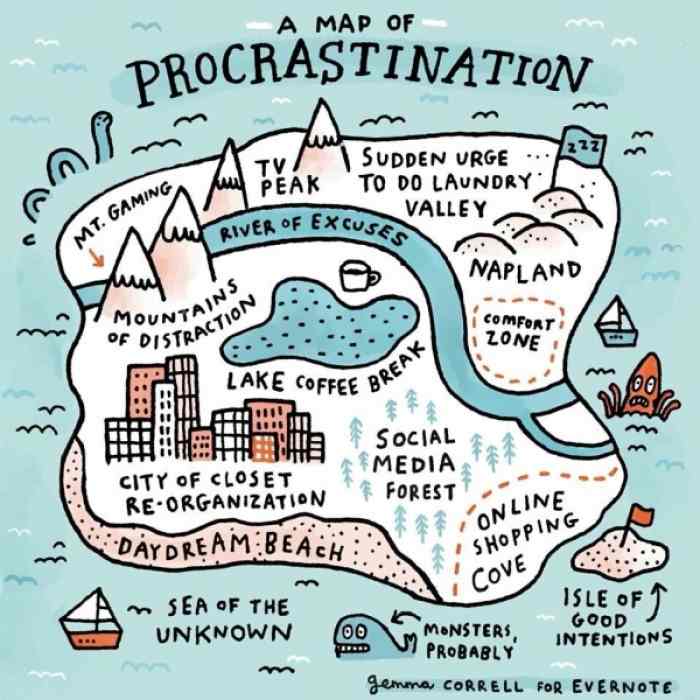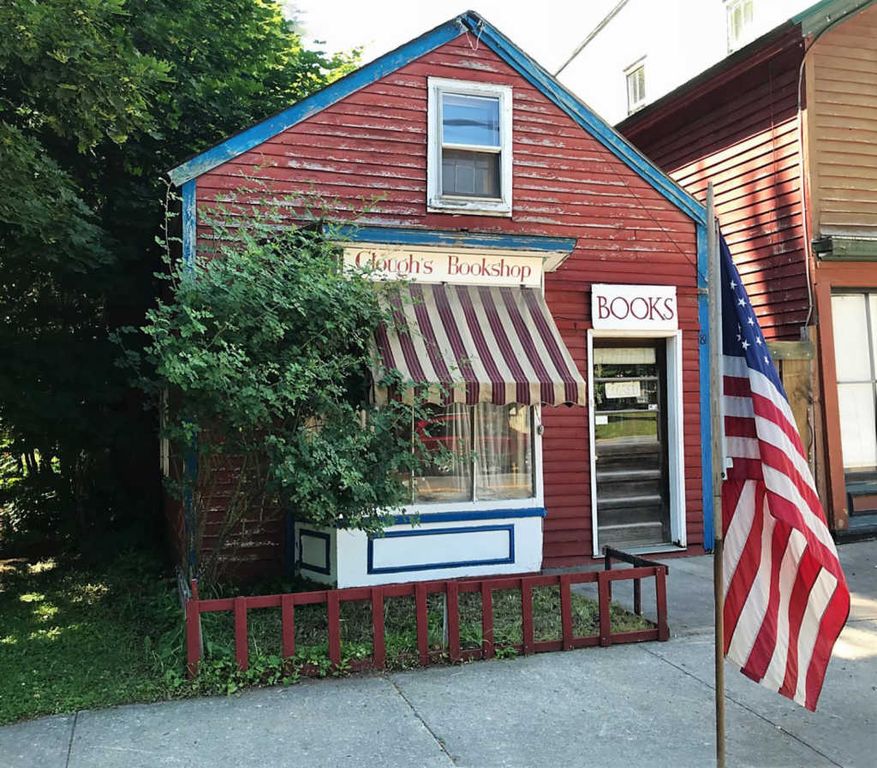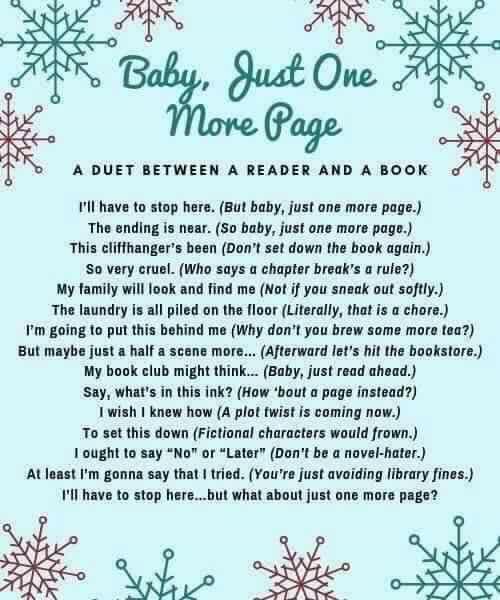Everybody’s Doing It
Everybody’s doing it.
Doing what you say?
Buying Books!
There’s been an unprecedented surge in book sales.
And we’re talking full price, hardback, printed books.
Just before the holiday week, readers demand for some hardback bestsellers has caused printing shortages and titles to be unavailable.
You can read all about it HERE in an article from the New York Times.
Now that’s some good news!
Book Barmy Time
This is my favorite time — the week between Christmas and New Years.
Nothing too much scheduled with time at home to enjoy the holiday decorations, leftover goodies and of course, some good books.
Wishing everyone plenty of time this week to rest, read and relax.
Happy Holidays one and all.
Christmas Commercials
As is tradition here on Book Barmy, I give you the best Christmas commercials of 2018. As an old ex-advertising gal, this is one of my favorite parts of the holiday season. Once again, a majority are from the UK ~~ those British ad agencies work hard to bring us some of the best seasonal advertising.
So, go get yourself a cup of warm cheer and sit back, here’s some advertising you might actually enjoy watching.
Sainsbury’s is a beloved grocery chain in the UK and this ad is reminiscent of a scene from my favorite Christmas film — Love Actually (currently playing on television and Netflix everywhere):
Sainsbury’s
Here’s a great one from Air New Zealand, with a timely message:
Air New Zealand
In my post last year I featured the adorable little bears from Heathrow airport. This year, they’re spending the holidays in Florida and not finding it at all as they hoped:
Heathrow
For all you dog lovers out here, a heart warming commercial.
Pedigree
Iceland Foods has given us a tiny film, narrated by Emma Thompson and delivering an important environmental message
Iceland Foods
Once again Apple delivers an commercial dedicated to personal creativity, beautifully animated, and it isn’t overly pushy on the Apple products.
Apple
And, finally a wonderful ad from the John Lewis chain of stores in the UK, I won’t give it away — just watch it.
John Lewis
Tomorrow’s Christmas Eve, and I’ll be back with the appropriate bookish warm wishes. Until then — to all a goodnight…
Dear Santa,
I actually gasped when I saw this on the internet.
This historic bookshop and its contents are for sale.
So Santa if you’re checking your list, I’ve always dreamed of owning a bookshop, nothing too big, nothing too fancy. It would have a resident cat, comfortable chairs, coffee and tea for customers, the occasional author reading with wine, and a little children’s corner. No soaps, mugs or stuffed animals for sale–just books.
And, in my head, my little bookshop (aptly named Book Barmy) looks just like this.
But, it’s well known the second best way to throw money away is to own a bookshop (the first is owning a sail boat). And while this little place is only three hours from New York City, I can’t imagine hoards of customers. I remind myself of the weather (snow, ice) and bugs (mosquitoes, black flies) and go sit out on my deck for a great sunset here in California.
The full story is HERE and yes, I’m still sighing over the photos.
So if you’re stuck for a Christmas gift idea for that bibliophile on your list ~~ here you go. Hint hint hint.
Or, if you know a nicely wealthy book lover — pass this on.
This needs to stay a bookshop.
Baby, Just One More Page…
This is me right now…so much to do and yet I have some great reading taunting me…
 You may have noticed the earth-shattering silence here on Book Barmy.
You may have noticed the earth-shattering silence here on Book Barmy.
I’ve fallen victim to a big procrastination funk. You may surmise it’s because of the holidays, which is part of it ~~ I have many festive things to do, along with those pesky everyday chores
But, suddenly Book Barmy has become one of those chores.
I have no good reason, no good excuse why I haven’t blogged. It’s not due to a lack of reading. I’ve read some books and enjoyed them – they’re stacked right here next to me — but somehow I just don’t have it in me to write about them.
To quote a fellow blogger (Vanessa), going through the same thing right now:
The cold hard truth is that I just didn’t feel like writing. I had no ideas, no drive, no inspiration — blogging almost started to feel like a form of punishment. So I stopped.
I don’t want Book Barmy to become either a chore or a burden, so I will be taking a small break…just to get my mojo back.
I’m still reading – that will never change.
Here’s evidence — a collection of Christmas books I’ll be reading in the next few weeks.
But for now, I’m going to take a little break.
I appreciate your patience and understanding.
I’ll be back soon…














